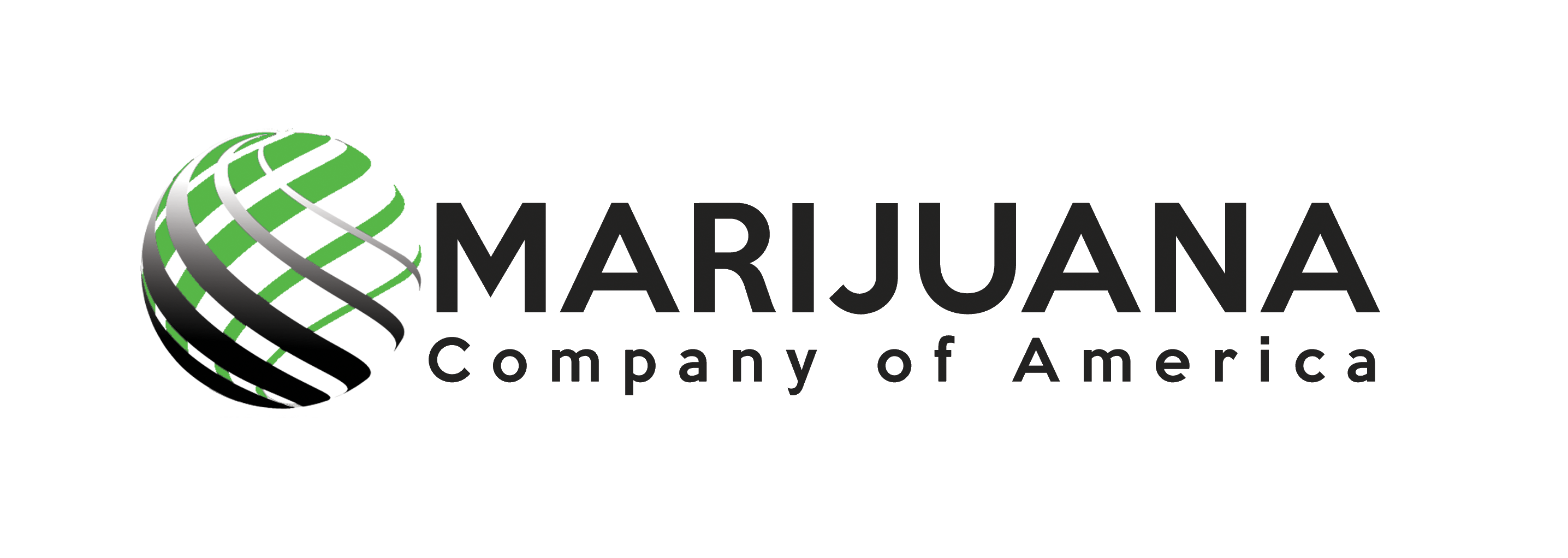- ZenaPay Bitcoin Ethereum wallet has been downloaded more than 25,000 times since launch
- Positive feedback contributes to app’s high ranking in Google Play Store
- Multiple Epazz blockchain solutions currently available for download
A leading provider of cloud-based software solutions and blockchain mobile apps, Epazz, Inc. (OTC: EPAZ) is one step closer to reaching its target of one million active users for its ZenaPay Bitcoin Ethereum wallet app, which has already been downloaded and installed more than 25,000 times since launch two months ago. Reaching one million active users is key for the monetization of a mobile app, as Epazz noted in a company press release (http://ibn.fm/sawUe). Due to the cryptocurrency wallet app’s success, the company now has all the information it needs to understand the user acquisition time and costs needed to reach its target of one million active users.
Announced in May 2017 as Epazz’s new bitcoin payment solution, ZenaPay is a cutting-edge technology that makes it considerably easier for users to purchase cryptocurrencies and for vendors to get paid in a unique, secure and reliable system. The ZenaPay Bitcoin Ethereum wallet (http://ibn.fm/LPoaT) allows users to acquire cryptocurrencies both online and at the point-of-sale, with the possibility of using the digital currency to make in-store purchases. The app was launched on the Google Play Store on December 31, 2017. Since then, more than 25,000 Android users have downloaded and installed it, with positive feedback so far. The increase in downloads and high user score have both helped increase ZenaPay’s ranking in the Play Store.
The latest update supports Ethereum, and the company is working on supporting Litecoin and SegWit. On February 20, ZenaPay extended support for earlier Android versions, based on user feedback. As a result, the app is now compatible with older versions of Android, such as Android 5.5.
As part of its continued efforts to develop a vast and reliable user base so as to further grow ZenaPay’s business, Epazz has already expanded its app portfolio with several blockchain and bitcoin apps that are currently available for download on both Google Play and the Apple App Store. These include CryptoFolio (http://ibn.fm/hrO8k) – a simple and practical app for tracking and managing a user’s bitcoin, ethereum and Altcoin portfolio, Bitcoin Altcoin Tracker (http://ibn.fm/CfX3q) – a platform that monitors cryptocurrency market cap data for investor support, and Bitcoin Live Chart (http://ibn.fm/k0ztb) – a utility app that monitors and displays all major data for bitcoin trading and mining, from market value and market cap to trade value total bitcoin in circulation and more.
Epazz also has plans to release other ZenaPay features in the near future, including an iPad point of sale application that will integrate seamlessly with the ZenaPay Merchant App, a vendor and payroll payment solution that will allow merchants to pay employees and vendors with cryptocurrencies, sales reporting and compliance, seed-to-sale tracking and an e-commerce store.
In addition to growing its number of active users, these blockchain apps and new ZenaPay features could help Epazz better understand its target audience’s behavior and habits, which will be of great support for the development and launch of future applications such as Cordtell and an upcoming social media app, according to company CEO Shaun Passley.
Currently under development, Cordtell is designed to reduce fraud in business transactions by automatically verifying signatures, distributing the contract to the blockchain and verifying that the contract terms are respected. The technology will primarily be marketed to businesses, law firms, health care providers and governments. Epazz is using parts of the Cordtell technology, more specifically its proprietary blockchain storage technology, to incorporate it into a social media and workflow blockchain app slated for launch sometime in the second quarter of 2018.
For more information, visit the company’s website at www.Epazz.com
Let us hear your thoughts: Epazz, Inc. Message Board









